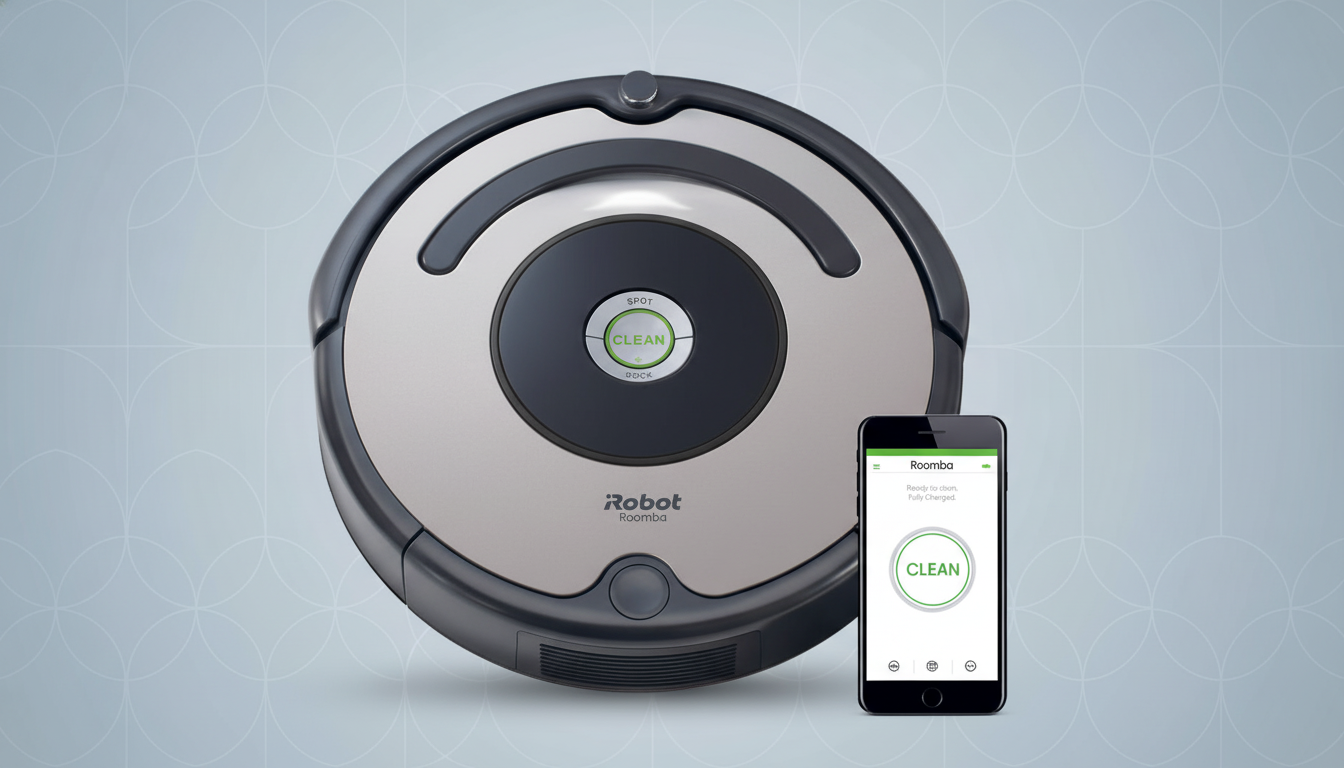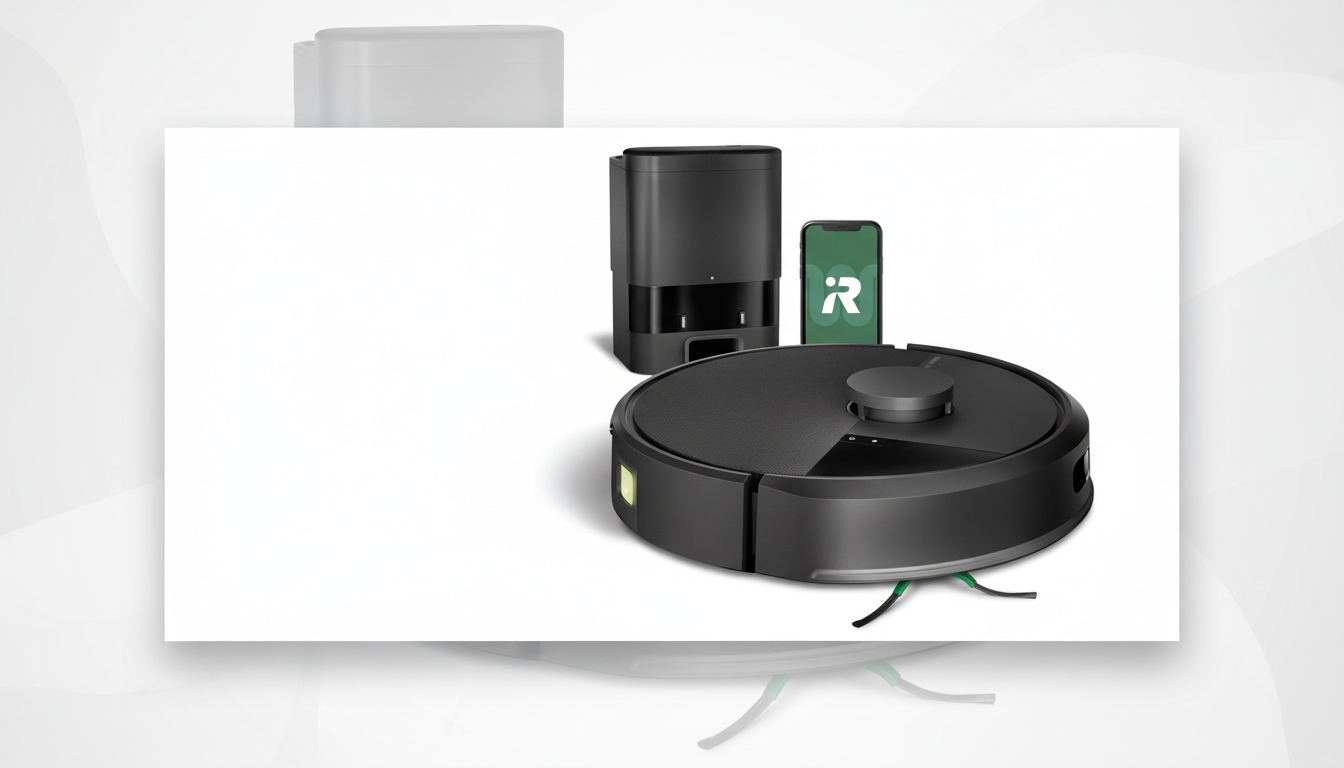The Roomba robot maker iRobot is out of potential suitors. The company’s final bidder stepped away after offering a price below the current share value, according to a regulatory filing, suggesting that an unencumbered sale is off for now. Shares quickly tumbled some 33% as investors digested the possibility that a restructuring, and possibly bankruptcy protection, could be around the bend.
As business outlets that reviewed the document pointed out, the filing underscores a harsh new reality: iRobot has been on the block for months and can’t find anyone willing to pay even what public markets already do. That dynamic is usually driven by debt fears, declining revenue and angst about whether a company has a path back to growth — challenges iRobot has itself raised with regulators and shareholders.

Why Potential Buyers Are Balking at an iRobot Deal
The specter of a broken Amazon acquisition hangs over everything. The e-commerce giant had proposed a $1.7 billion purchase that was meant to provide iRobot with scale, distribution and an immediate capital solution. Instead, regulatory resistance in the U.S. and Europe scuttled the deal — leaving iRobot with a leveraged balance sheet and no obvious exit. The company said that its formal review of “strategic alternatives” has not yielded a workable transaction since then.
And iRobot is competing in a harder competitive and macro environment than when Roomba first created the category. Chinese rivals like Roborock and Ecovacs have climbed the Western retail channels with aggressive pricing and fast feature cycles, which in turn are crushing margins throughout midrange and premium tiers. A slower replacement cycle for big-ticket home gadgets, overhanging inventory at retailers and higher promotional spend have only made profitability more difficult to achieve.
Financing is another sticking point. iRobot earlier tapped a $200 million loan to keep business running as it awaited a sale, the company’s disclosures show. Refinancing that debt without a ready buyer, at the same time revenues are volatile and interest costs are high, is precisely the sort of lurking risk that drives strategic acquirers and private equity to the exits — or begets steeply discounted bids.
The Void Left by the Collapse of the Amazon iRobot Deal
The abandoned Amazon tie-up was strategically hard to replicate. Amazon can absorb hardware cycles, subsidize devices to grow ecosystems and leverage logistics clout to mitigate supply chain shocks. For iRobot, that would have meant protecting those innovation pipelines — navigation, object recognition, autonomous docking — from a stand-alone hardware business’s fluctuations quarter by quarter.
Regulators had other concerns. Competition officials have said that a combined company might otherwise disadvantage competing robot vacuums on the world’s largest online marketplace or deepen data advantages across a broader smart home. When the deal fell apart, iRobot lost not only a financial backstop but also the strategic halo that often draws other bidders after an initial mover gives up. Latest suitor’s offer came in “significantly lower” than the way shares trade. According to CNBC, the buyout bid of iRobot’s newest suitor came “well below” where shares are trading now, a sure sign that, given some of these newly disclosed asset sales, humans have determined they no longer believe iRobot’s assets are worth book value.

Markets Punish Uncertainty as iRobot Faces Restructuring
A 33% drop over one day doesn’t occur in a vacuum. It’s a referendum on the odds of survival. Equity holders are usually wiped out, or diluted to almost nothing, in restructurings; creditors move to the front of the line. Its own language to the SEC — warning that operations may be curtailed or ended without new financing — suggests that it’s the capital stack, not the product roadmap, that now dictates this tale.
Investors are also preparing for non-cash hits in categories such as impairment charges and inventory write-downs if sales trends don’t turn. Those shoals can kneecap covenants and shrink the very flexibility that suppliers and retailers crave just as they are hungry for reassurance. It’s a vicious cycle that has made a quick, clean sale even more distant.
What Bankruptcy Would Look Like for Roomba Owners
Were iRobot to file for bankruptcy protection, it would most likely do so through a reorganization rather than an immediate liquidation. In most restructurings like this involving consumer electronics, operations continue — product warranties are still honored and customer support continues, even as the company finalizes debtor-in-possession financing. A court-supervised process might even be used to sell the Roomba brand and IP to a strategic buyer or private equity sponsor while leaving the bulk of legacy liabilities behind.
For consumers, the greatest near-term risk is in product availability and service delays, not devices being made obsolete overnight. Uncertainties about promotional funding and supply cadence can cause shelf plans to be upended for retailers as they head into crucial selling seasons.
What Might Yet Save iRobot From a Painful Restructuring
The company still has some valuable assets: a globally recognized brand, a large patent portfolio, and strong retail relationships. A bridge financing package, a prearranged restructuring or a focused sell-off of assets could stabilize the company. There are some bidders who will come back into a court process where liabilities are cleaner and pricing is clearer.
But now the clock is set to liquidity, not engineering milestones. In its filing, iRobot makes it explicit: lacking new capital or a serious buyer, the inventor of the modern robot vacuum is left with some hard choices. The market has recognized that reality, and the next step almost assuredly will not be optional — it will be prescribed by math.

